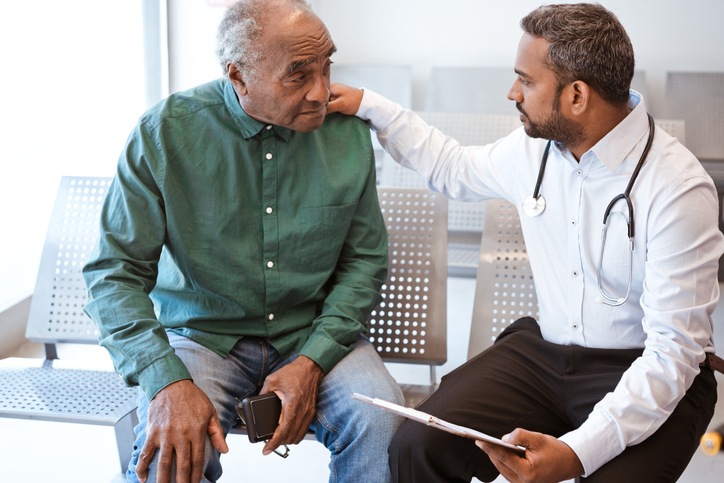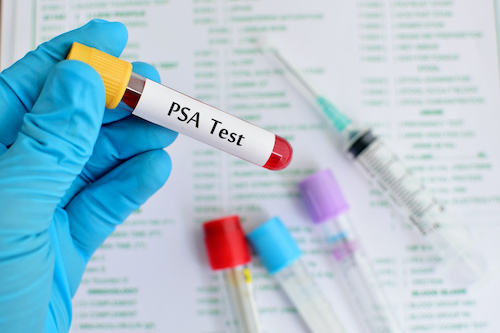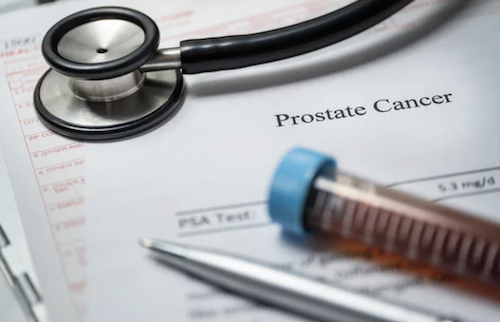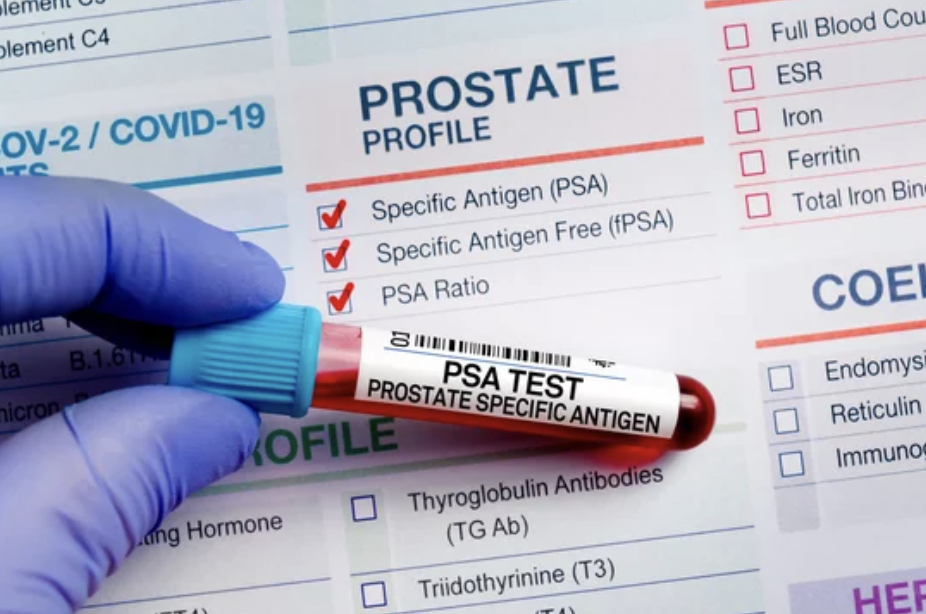SUO 2024
African American patients with tumor thrombus had a 22% higher risk of mortality.
The presence of a trial in a county was associated with a reduction in bladder cancer mortality.
Asian and Hispanic populations had the lowest rates of screening.
Hispanic patients tended to have higher costs for hospitalization.
Asian respondents were the least likely to trust government agencies, but were most likely to trust their family members.
Less than half of VA hospitals are sites for prostate cancer clinical trials.
Patients who are transgender and gender nonconforming with genitourinary and gynecologic cancers face inequalities in care.
Enrollment falls short by approximately one in 14 women with kidney cancer.
Prostate-specific antigen (PSA) velocity and PSA values taken together may improve the specificity of monitoring.
Patients and survivors who engaged in physical activity experienced a protective effect on mental health.
Contaminants, such as heavy metals, pesticides, and microbial pathogens, may influence cancer severity.
Patients and caregivers most valued the role of genetics in understanding risk stratification.
In lower-income countries, intravesical therapies for bladder cancer can match or exceed median household incomes.
Women had an 89% match rate in urologic oncology fellowships, compared with 54% in men.
The rate of prostate cancer mortality is higher in parts of the United States where structural racism is also higher.
The slower recovery PSA screening rate in Black men highlights the persistent racial disparities in health care access.
In this analysis, the model performed best for predicting survival Asian patients and worst for Non-Hispanic Black patients.
Hispanic men who are Black or Cuban had the lowest rates of prostate-specific antigen screening.
Race-associated tumor differences can affect early diagnostic testing and targeted therapeutics.
Only half of patients received timely follow-up, and 34% received no follow-up at all.
Advertisement




















 © 2025 Mashup Media, LLC, a Formedics Property. All Rights Reserved.
© 2025 Mashup Media, LLC, a Formedics Property. All Rights Reserved.